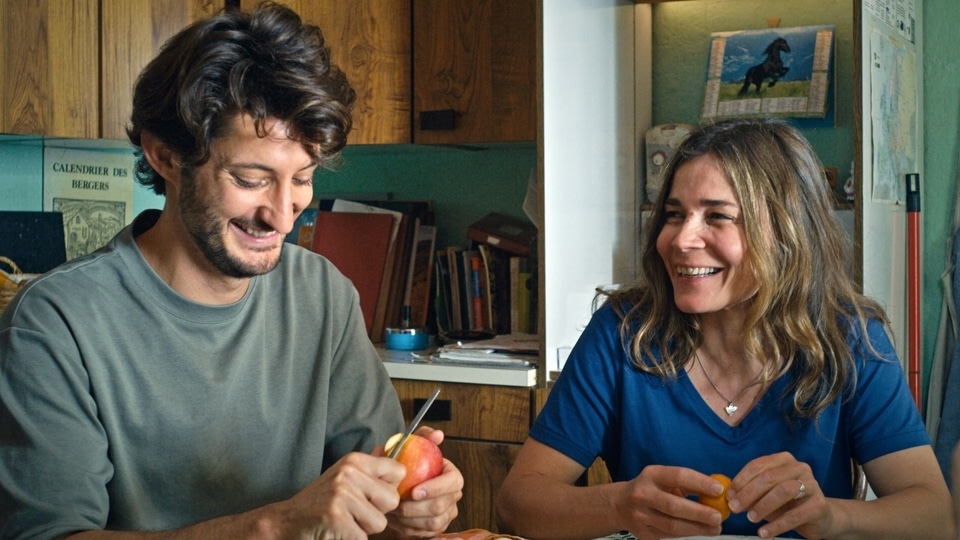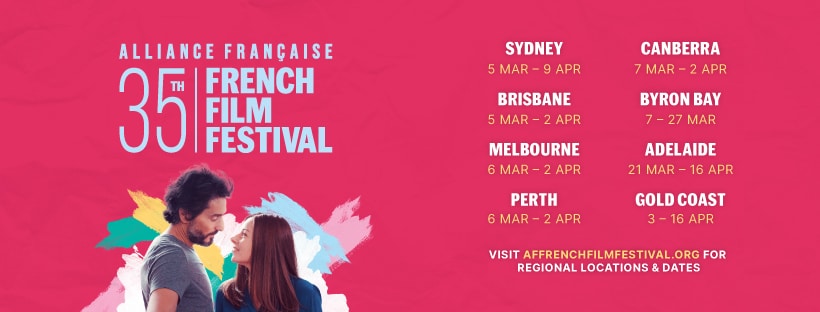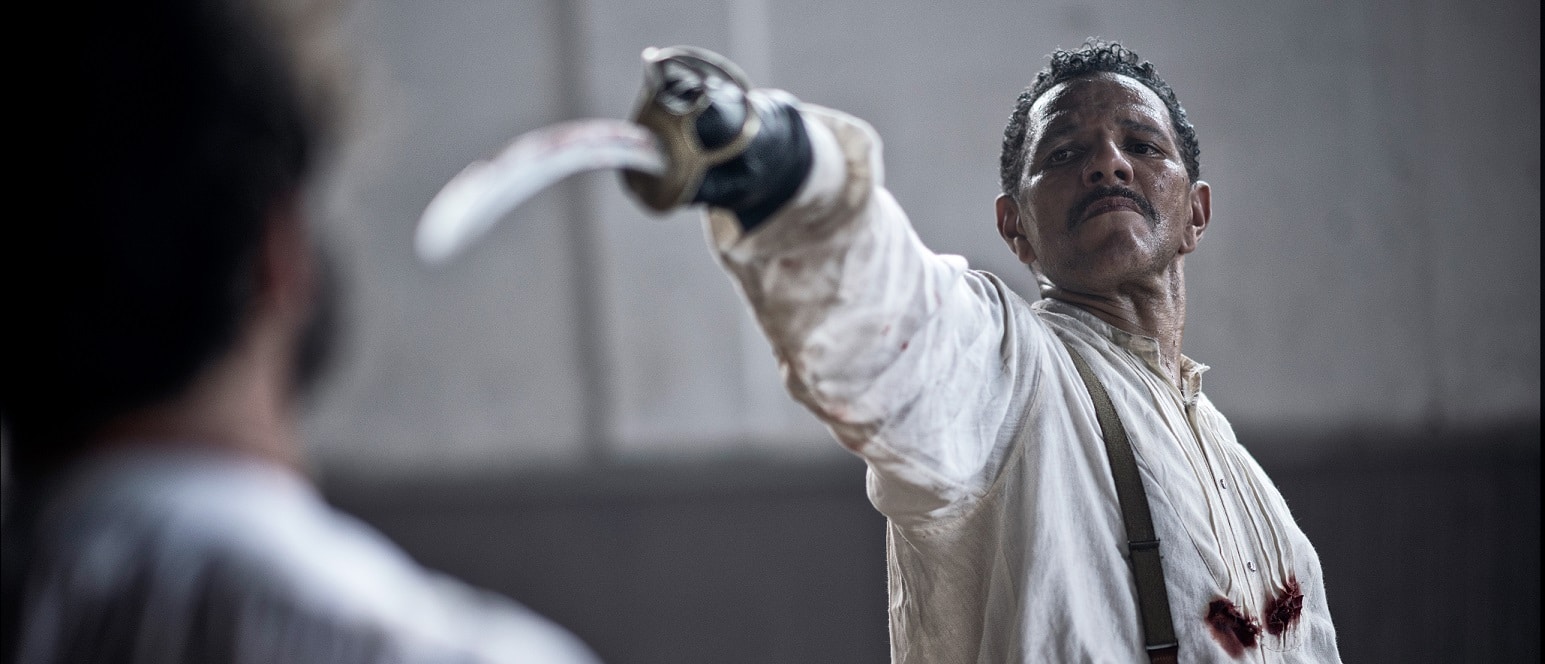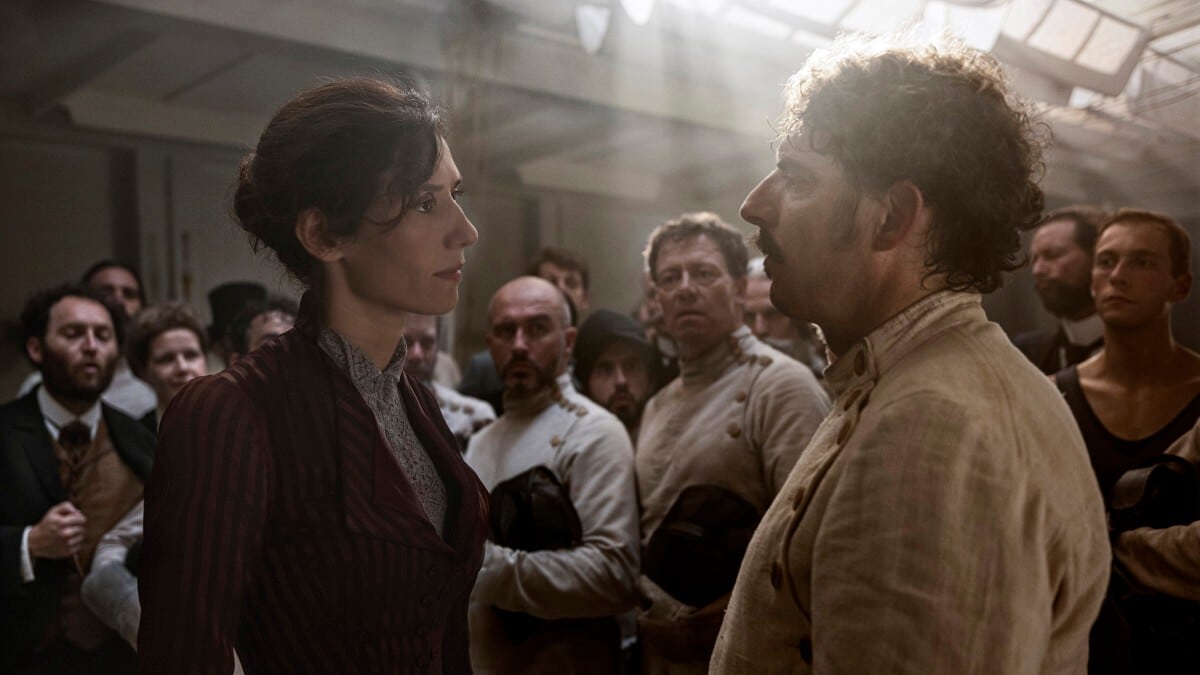The Book of Solutions is a quirky, sometimes funny, sometimes confusing comedy-drama from writer-director Michel Gondry, who is best known outside of France for directing Eternal Sunshine of the Spotless Mind.
The story centres on Marc, a paranoid filmmaker with a narcissistic personality and an incredibly creative but highly distractible mind, which borders on the pathological. To prevent the studio from shutting his film down, he and his crew steal the footage and retreat to Marc’s aunt’s house in the country to finish it.
Marc spends most of his time there, avoiding watching his film whilst restlessly pursuing whatever idea takes hold of his mind at the moment. These pursuits range from being elected mayor of the rural town to filming an ant for three days to creating a soundtrack for his film by gracelessly conducting the orchestra himself with a series of bizarre body and hand gestures. The orchestra scene was a particular favourite, and I enjoyed the idea that someone clueless could make something special happen through their unwavering belief in themselves.
Marc’s pompous narration throughout is also very funny, with a favourite line coming after his triumphant booking of Sting (who works on his soundtrack): ‘Some victories are so spectacular they don’t need a voiceover’.
Over the course of the movie, his increasingly erratic mood and behaviour begin to alienate his crew, worry his elderly aunt, and lead to him being unable to tell facts from fiction in real life. His strangely obsessive thoughts result in him writing ‘The Book of Solutions’, which is supposed to provide the answers to any conflict from the local to the global. All of the ideas in the book are based on his own highly skewed (and often contradictory) perception of the world as he tries to finish his film while his mind simultaneously unravels.


Although Marc’s childlike ability to lose himself in whatever captures his attention at the moment is a beautiful illustration of the power of being totally present, I personally found the film lacked a satisfying story. Like Marc, the film jumps from one thing to the next without any real connectivity or explanation, although it’s an enjoyable journey nonetheless.
Perhaps this lack of a traditional storyline can be chalked up to the fact that it is, after all, a French film and the French have a far more existential relationship with story and filmmaking than Hollywood does. Or perhaps it’s because the film represents a confusing window into the internal struggle of an unsound but sometimes brilliant mind.
Regardless, it’s as darkly humorous and provocative as one might expect a French film to be and is certainly worth watching, even if you’re new to French cinema.



